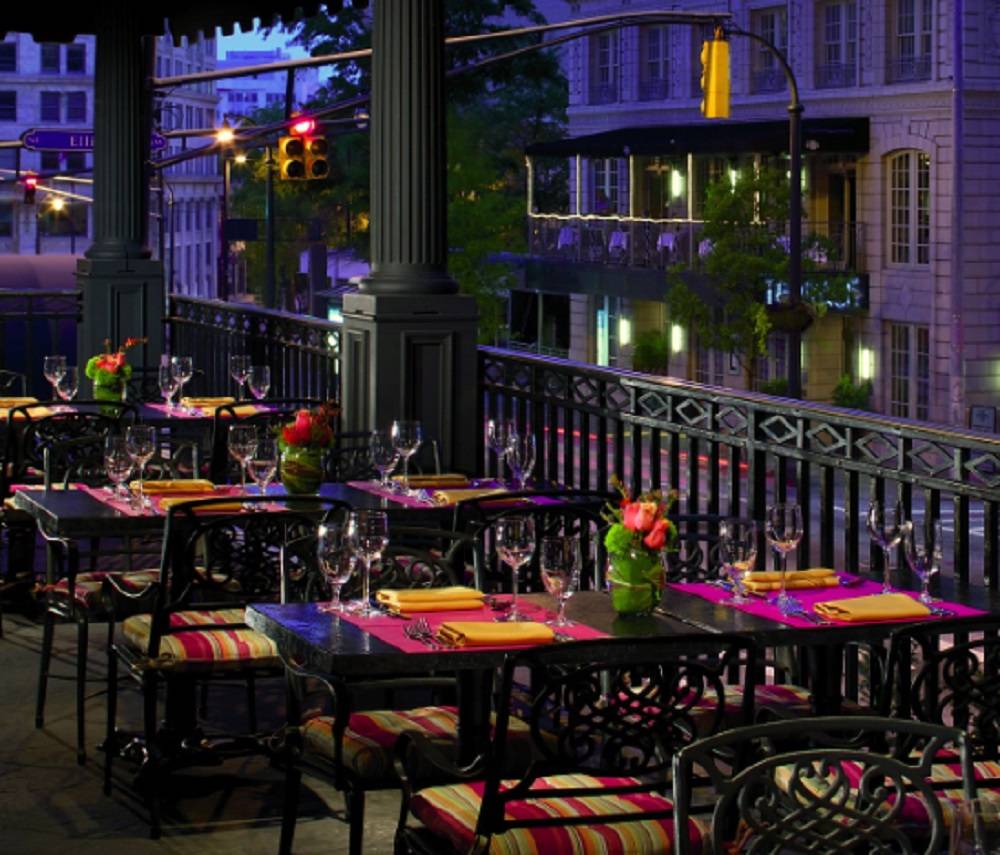



Sandy Springs emerges as a party zone with rowdy bars like American Pie, Charley Magruder’s, and Copperfield’s. Johnny’s Hideaway debuts in Buckhead its patrons remain loyal for the next 40 years-and counting. Aunt Charley’s, a casual neighborhood bar, begins a 20-year run in Buckhead at the apex of the Peachtree-Roswell split.ĭeveloper Don Bender opens the Little Five Points Community Pub, helping relaunch a run-down commercial strip as a trendy youth destination filled with music clubs. Underground’s reign is short lived the new east-west MARTA line cuts the space in half, taking out rows of bars. Music promoter Alex Cooley operates his Electric Ballroom, the leading music venue of the era, in the Georgian Terrace for most of the decade. The Georgia Legislature helps fuel the partygoing by dropping the legal drinking age to 18. Gay nightclubs spring up, like the Cove in Morningside and the Armory in Midtown, as well as drag bars like Hollywood Hots on Cheshire Bridge and Mrs. Nudie clubs open along such busy corridors as Piedmont Road, Cheshire Bridge, and Stewart (now Metropolitan) Avenue. Underground Atlanta opens, giving the city a nightlife nexus with Dante’s Down the Hatch, Muhlenbrink’s Saloon, the Bucket Shop, and many more. The celebrated La Carousel jazz club opens in Paschal’s Hotel, featuring headliners like Aretha Franklin and Dizzy Gillespie.Ītlanta nightlife becomes more risque with the opening of the Playboy Club in the Dinkler Hotel.Īfter decades of name and concept changes, the Clermont Lounge inauspiciously kicks off what will become a reign as Atlanta’s oldest strip club. Downtown’s Zebra Lounge and the Cheshire Cat on Cheshire Bridge Road showcase topless a-go-go. Hippies take over “the Strip” on Peachtree Street between 10th and 14th at Bottom of the Barrel, Golden Horn, and Catacombs. Downtown hotels such as the Piedmont, Biltmore, Ansley, Georgian Terrace, Kimball House, and the Henry Grady continue to bring the ballroom scene.Įxotic dancers and more ribald entertainment come to town: The Imperial Hotel opens the popular Domino Lounge and the Clermont introduces the Gypsy Room. Ray Lee’s Blue Lantern begins a five-decade run on Ponce de Leon as a notoriously rough-and-tumble, working-class tavern where Blind Willie McTell plays for change in the parking lot. A decade later, it would be renamed the Royal Peacock. The Top Hat Club opens on Auburn Avenue, bringing in major acts like Cab Calloway and Louis Armstrong. It would be another two years before the state lifted its own ban, but unincorporated DeKalb and many other counties would remain dry for decades, making Atlanta a nightlife hot spot. Prohibition is repealed-but not in Georgia, which had outlawed liquor since 1908.


 0 kommentar(er)
0 kommentar(er)
